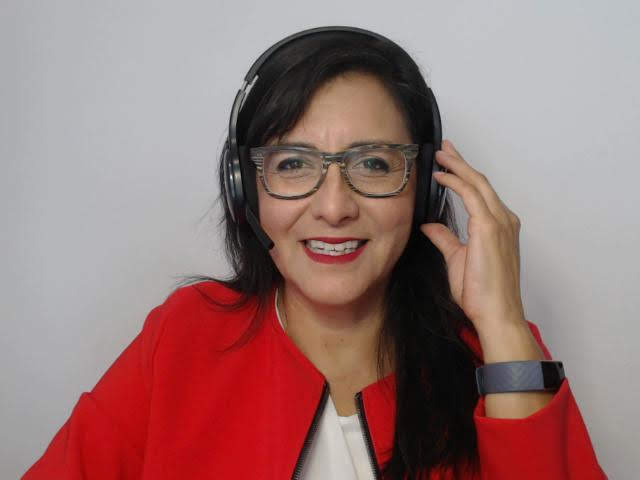HOW TO IMPROVE YOUR LISTENING SKILLS IN ENGLISH
- The English Coach

- Sep 4, 2022
- 4 min read
Updated: Jun 26, 2024
Are you afraid of not understanding someone during a conversation?
Despite knowing English and using it daily, do you still find it difficult to understand people on TV, in movies, or even real life?
Have you ever wondered why sometimes you can understand people and sometimes can't?
So, if this is the case, I want you to know that what you're experiencing is real and natural, and there is nothing wrong with you or your English.

What happens is we have this idea of how the language should sound and that is not always aligned with how people use the language in real life.
The reason for this is that we first learn English through reading and writing for the most part. And we might have a different perception of how the language is used or spoken. Our expectations and perceptions are aligned with your native language, not necessarily with English.
When we hear something different than what we're used to, our brain has a hard time processing the sounds, the words, and the language.
Have you ever felt this way?
I want you to know that the problem is not your English or your ears - your hearing is excellent. What you need to do is improve your perceptions and expectations.
If you want to learn more about perceptions, you can learn more from this National Geographic video 📹
Here are three tips to improve your listening skills.
💥Practice predicting content
Imagine you've just turned on your TV. You see a man in a suit standing in front of a large map with the symbols of the sun, clouds, and thunder. What do you imagine he is about to tell you? Most likely, this is going to be a weather forecast. You can expect to hear words like 'sunny,' 'windy,' and 'overcast.' You'll probably hear the use of the future tense: 'It'll be a cold start to the day; 'there'll be showers in the afternoon, etc.
A speaker's word choice and language style are often predictable depending on the context - a news report, a university lecture, or an exchange in a supermarket. Our knowledge of the world helps us anticipate the type of information we are likely to hear. When we predict the topic of a conversation or a talk, all the related vocabulary stored in our brains is 'activated' to help us better understand.
Watch or listen to a recorded TV program or clip from YouTube. Pause after every few sentences. Try to predict what will happen or what the speaker might say next.
💥Improve your pronunciation through shadowing
It is scientifically proven that you cannot recognize a sound you cannot produce. Therefore, you will not be able to hear specific sounds in English that are not a feature of your native language. You must become aware of all the sounds of English and practice those you find difficult to recognize, such as differences in similar vowel sounds, reductions, or consonant clusters.
Shadowing is an advanced language learning technique that learners can use independently to improve their intonation and pronunciation. It's quite a simple concept - you listen to a model (i.e., a video or audio of someone speaking) and repeat what they say in real-time.
💥Make a 30-minute listening activity a daily habit
Be sure to practice as often as possible. Use a minute-long audio or video clip and play it. Listen to it, and then start writing out everything you hear. For the unclear parts, you just leave empty or guess the word. YouGlish or TED talks are great tools that can help you. You want to look at the transcript and see what you got wrong and guess why you got it wrong.
What confused you there?
Was it a specific sound?
Was it a reduction, maybe a phrase with a few words that the speaker eliminated a sound, so you missed it?
It may have been a phrase, a combination of a few words that completely escaped your understanding.
Does that make sense to you?
This activity is an excellent way to understand your weaknesses. I recommend doing it every day, or as frequently as possible, by listening to a minute-long audio and transcribing the text.
I recommend opening yourself up to different voices, accents, people, situations, and circumstances. Don't just listen to YouTubers who have the same accent.
You want to open yourself up to people with foreign accents and different dialects because the more you hear accents, the more you become aware of the difference in the variety of sounds.
I hope this helps!
Maria
P.S. Here are some ways I can help you right now.
1. 🔥Book a free Fluency Roadmap Mentoring session. Even if it's not the right time for us to work together yet, I'll be happy to take a look at your situation and give you some advice and feedback.
2. 🔥 Download my FREE Guide to Self-Study and understand how to learn English through shadowing using free online tools.

Comments